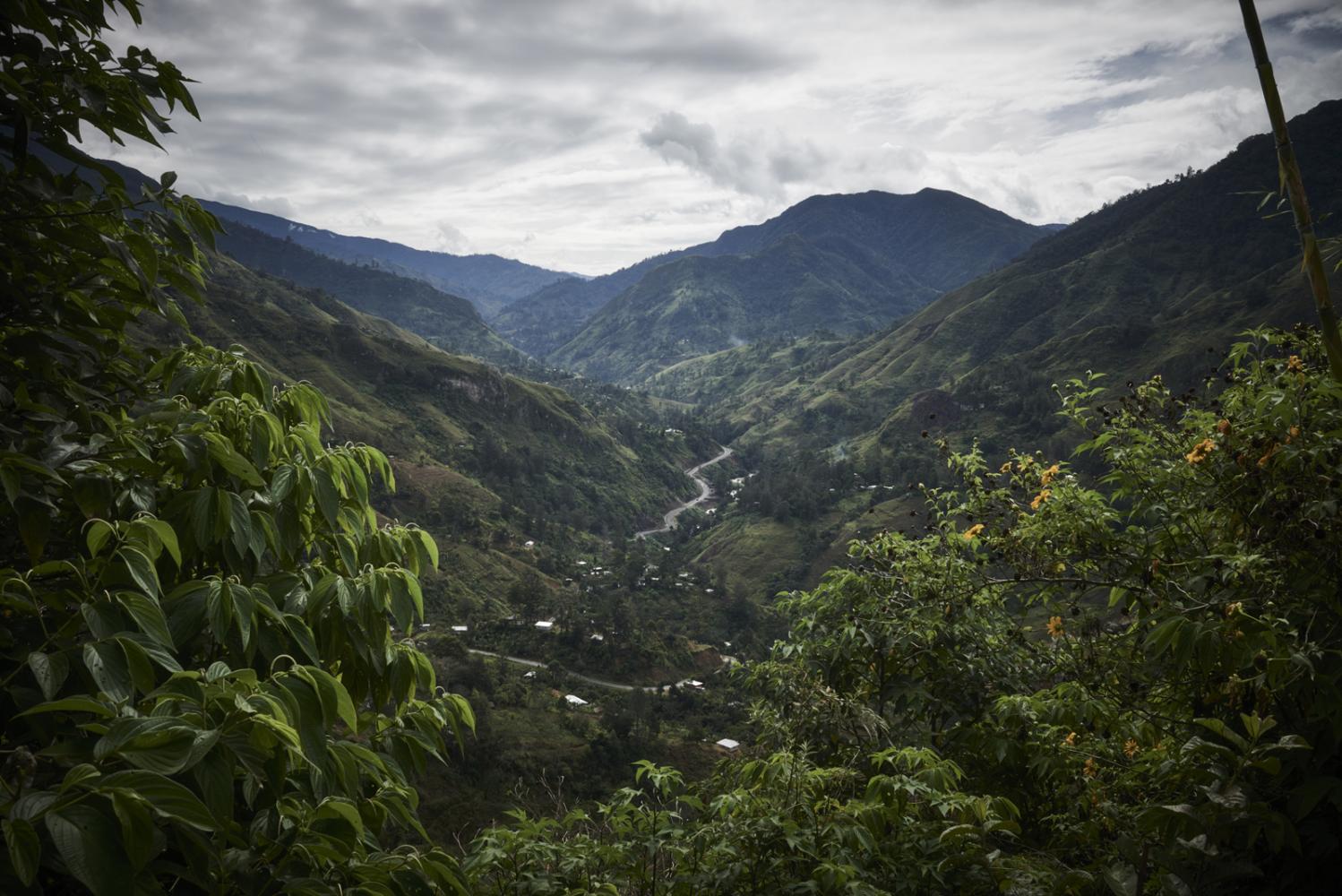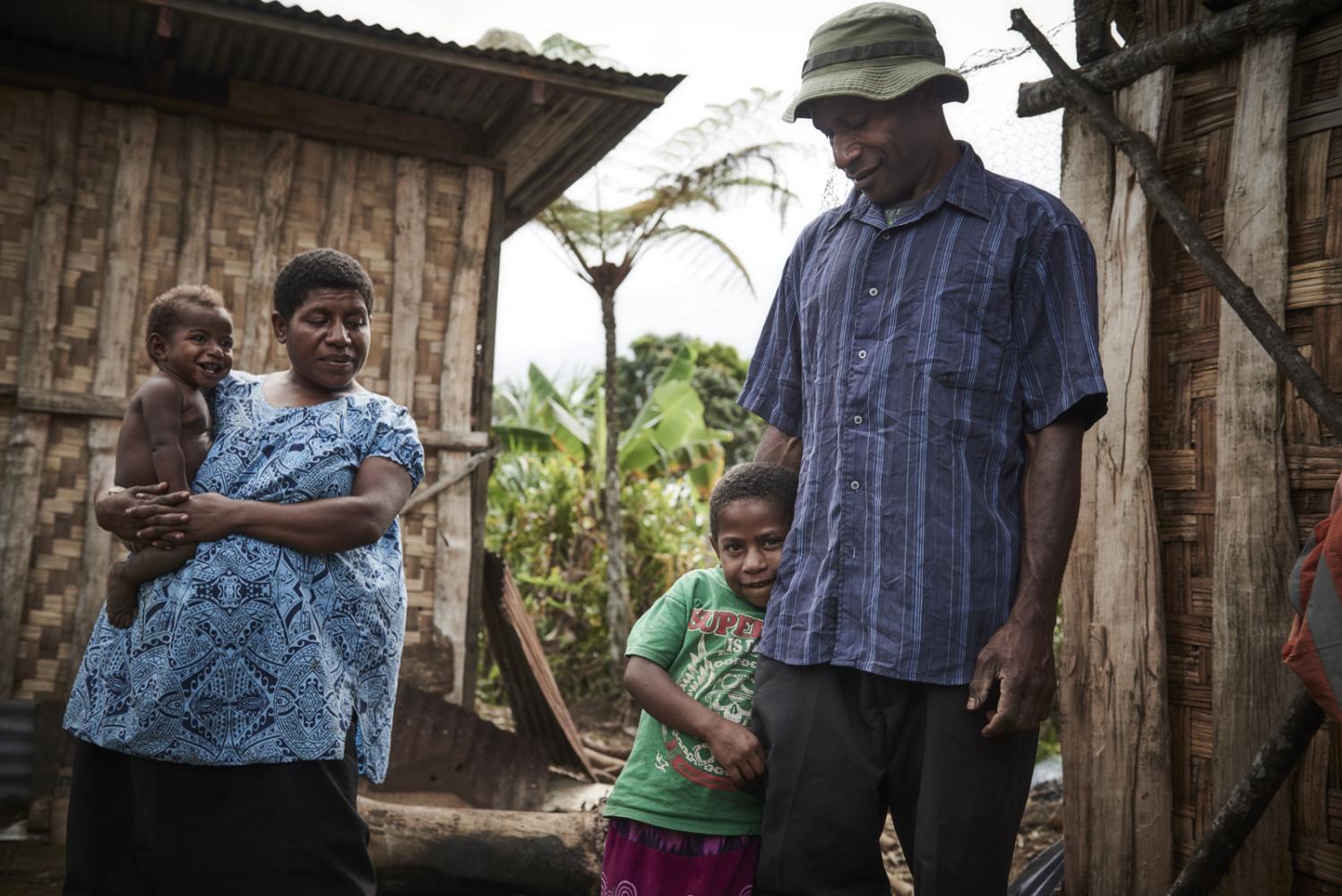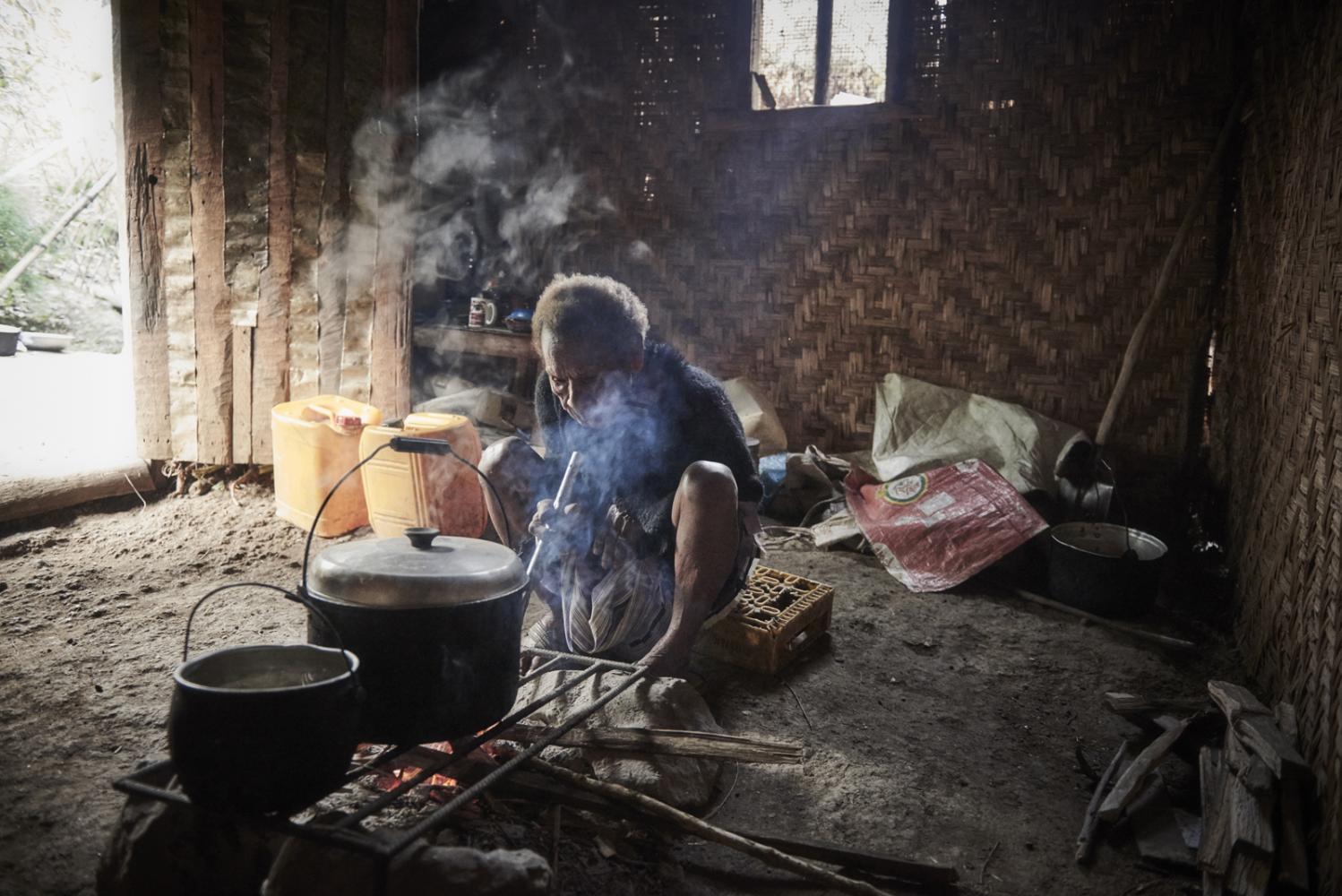Papua New Guinea has one of the highest rates of children both experiencing and witnessing violence in the Asia Pacific. While the country has given some attention to the issue in recent years, abuse is still commonplace in many households. The impacts of violence at home are very real and concerning for children. There is significant evidence that violence, exploitation and abuse can affect a child’s physical and mental health in the short and long term, impairing their ability to learn and socialise, and impacting their transition to adulthood with adverse consequences later in life.
While media coverage often focuses on the shocking repercussions of violence, very little attention is given to the families who are transforming their homes from a place of punishment to a space of understanding and communication. This is my point of difference in my storytelling. This work looks at the impact of shifting attitudes and behaviours in households and how these changes are reverberating through to the broader community in the province of Chimbu, PNG. It showcases the development of stronger relationships, not only between children and their parents but also between rival tribes and clans that have previously had conflicts tethered throughout generations of history.
Historically in Chimbu, major wars would break out between the Kamaneku and Silku tribes. But the last tribal fight in this region was more than three years ago. Parents from both tribes have been altering their household behaviour and the changes are resonating in the broader community. Through the medium of a traveling exhibition throughout Australia (of images taken in June 2019) the purpose of this body of work is to bring awareness to the impact of these changes on relationships between parents and children and rival community groups whilst also highlighting the hope that these shifting behaviours will not only ease current relationships among tribes but create a wave of change where the next generation will treat one another equally and without violence.



















